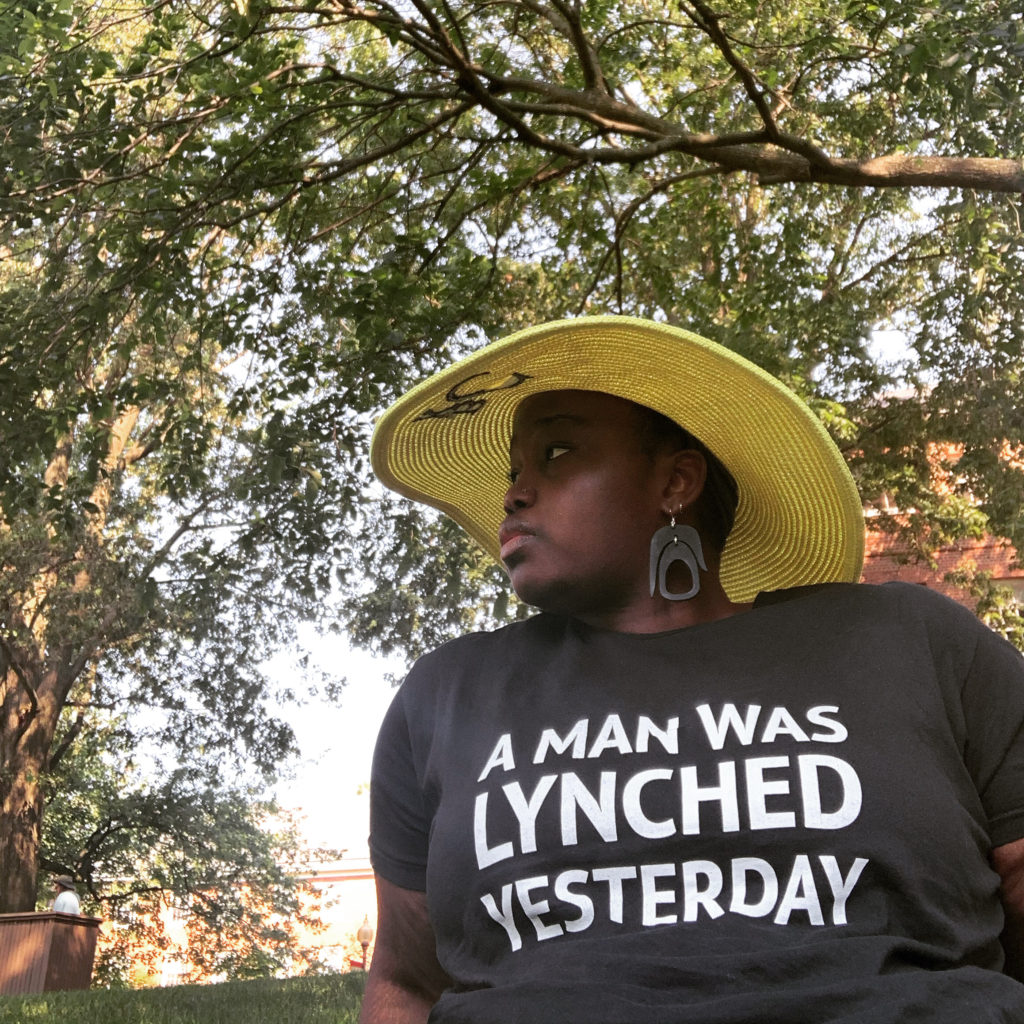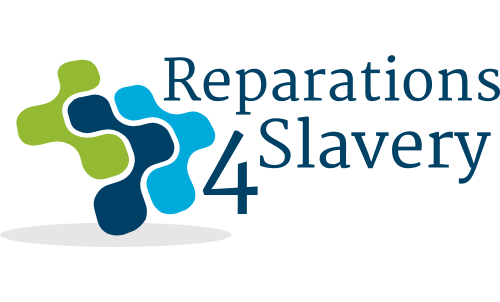Authentic Relationships and Repair: The Invisible Line in the Sand

Only when I can wholly be myself as a Black person, and you can acknowledge your historic and current advantages as a white person, can we establish a true relationship.
There is an invisible line in the sand that demarcates just how vulnerable, how much of my real self I can share with you, a white person. Interracial trust doesn’t come easy. Like brown and Black folks everywhere, I’ve learned to protect myself from both microaggressions and explicit racism by code-switching, a life skill I learned from the generations before me. I remember watching my Aunt Reetsie guide both Black and white candidates running for office; I noticed how her advice changed for the Black candidates she took under her wing, as she teased out platforms, strategies, who and how far to push, what kind of language they should use.
I codeswitch a lot less these days; now I insist upon being authentically myself – au natural, just like my hair. I am unapologetic about calling out racism wherever I see it. But, my white colleagues, those of you who believe yourselves to be more progressive, more understanding, more whatever-you-want-to-call-it than your ancestors, think you deserve a pass when it comes to your own behavior. Moral credentialing allows you to be so confident as an “ally,” that you feel no need to investigate or work on your own behaviors.
Years ago, I began to “lose” shallow friendships that couldn’t be deepened and made authentic. I have no problem dropping people that begin to take more energy and emotional labor than they deserve. And if I think hard enough, I can come up with maybe five white people who have fully earned my trust. The personal, familial, and generational trauma and conditioning Black people face mean there are few white people in our lives with whom we are able to comfortably be our full selves.
You see I can forgive, but I just can’t seem to forget.”
Sarah “Sadie” Delany (Having Our Say, 1999)
As my great grandmother used to tell my mother: “[You] don’t go telling white people your business.” Multiple generations of Brown and Black women have said this. But when it comes to reparations and conciliation, when it comes to dismantling systems and changing structures, what Black people share isn’t just our business. When I speak, I’m bringing centuries’ and generations’ worth of experiences that lay bare the many ways white supremacy poisons this nation. This dysfunction isn’t Black peoples’ business, this dysfunction belongs to white people. Being willfully ignorant of white supremacy doesn’t just poison us; it poisons you too.
I find that when I speak with strangers, I have no hesitation in saying why I support the movement for reparations and hold living white folks accountable for the legacy of white supremacy. However, when it comes to developing friendships, there are some additional hoops you, as a white person, must jump through before I will drop the small talk and truly engage with you.
I will watch to see how quickly you venture outside of superficial conversation topics. I will press to see how committed to personal growth you are, and whether your commitment to racial justice includes investigating and unwinding your own racism. I look for humility (or lack thereof), and a penchant for constant learning. Whether I say something to you or not, I am always watching. Always listening.
Conversely, I will also look for clear signs that I should not engage with you. How will you respond to hearing about my family’s lived experiences? How will you react when I speak about the effects of white supremacy? When I point out your ignorance of our common history or present you with a new perspective? When I point out that posting a black square on Instagram doesn’t contribute to the liberation of my people? That you don’t deserve – nor should you expect – a gold star from a woman of color for combatting your racist relatives?
For the descendants of the enslaved to be made whole in the United States, white people must not only commit to a deep level of repair, you must take a hard look at yourselves and acknowledge your own role in upholding white supremacy. Black and Brown people have seen, seen through, and wholly understood our white counterparts for generations; knowing how you operate has been the key to our continued self-preservation.
Trust me, we see you. But, in order for Black and brown people to reveal ourselves to you, for us to move that invisible line in the sand and bring you into our inner circle, we need to see that you see yourselves.

Great essay. Thank you.
This gets right to the point. “Guuud” read, Briayna. Your work is inspiring!
Eloquently said! You’ve captured my thoughts and relayed them beautifully. Thank you for being our voice.